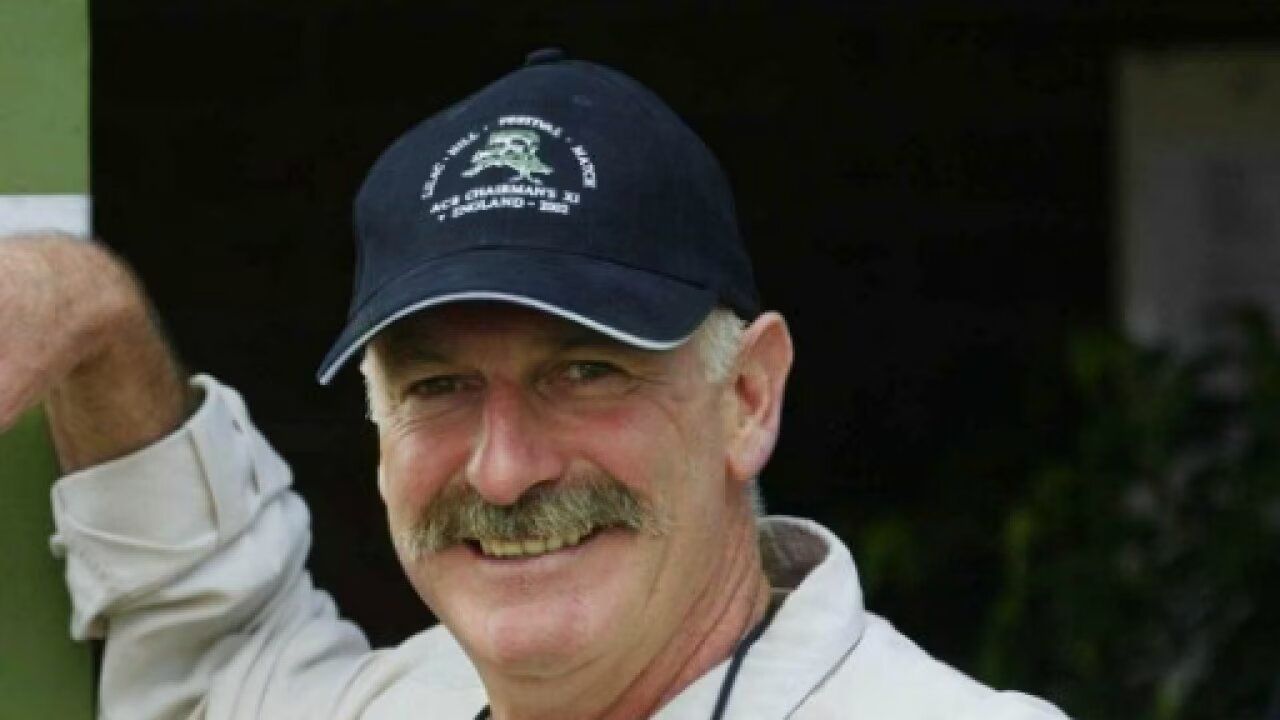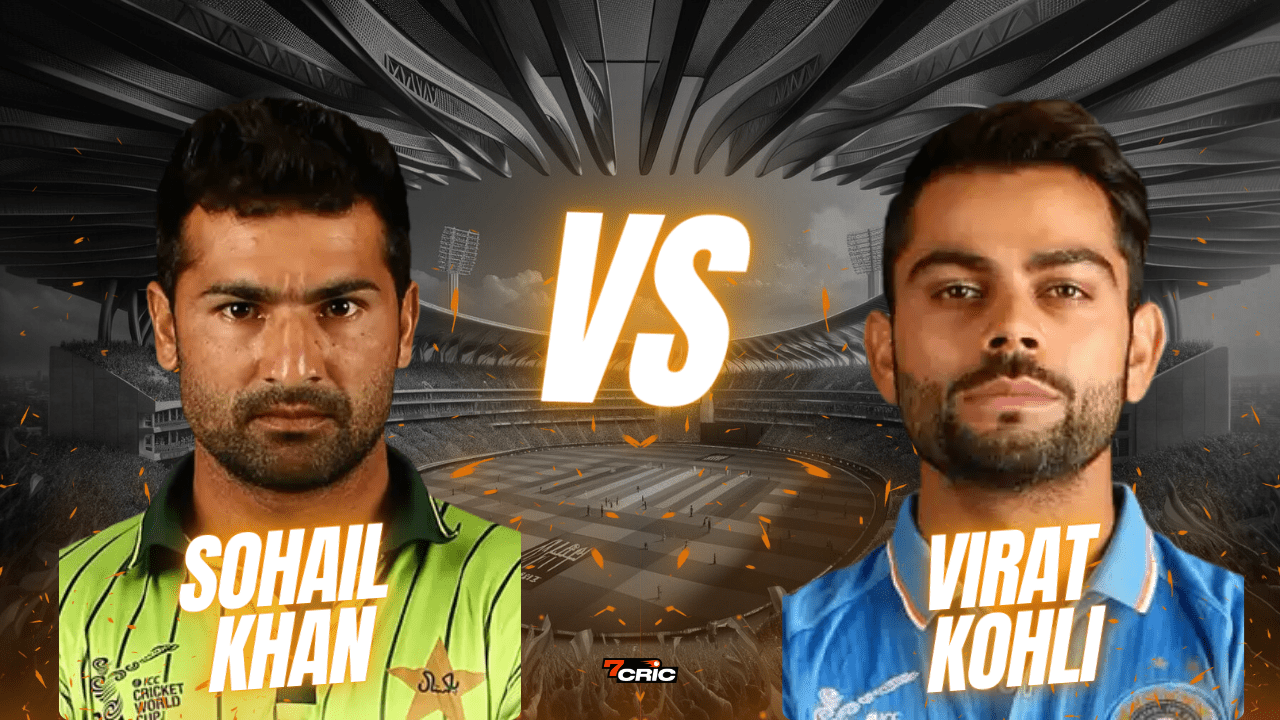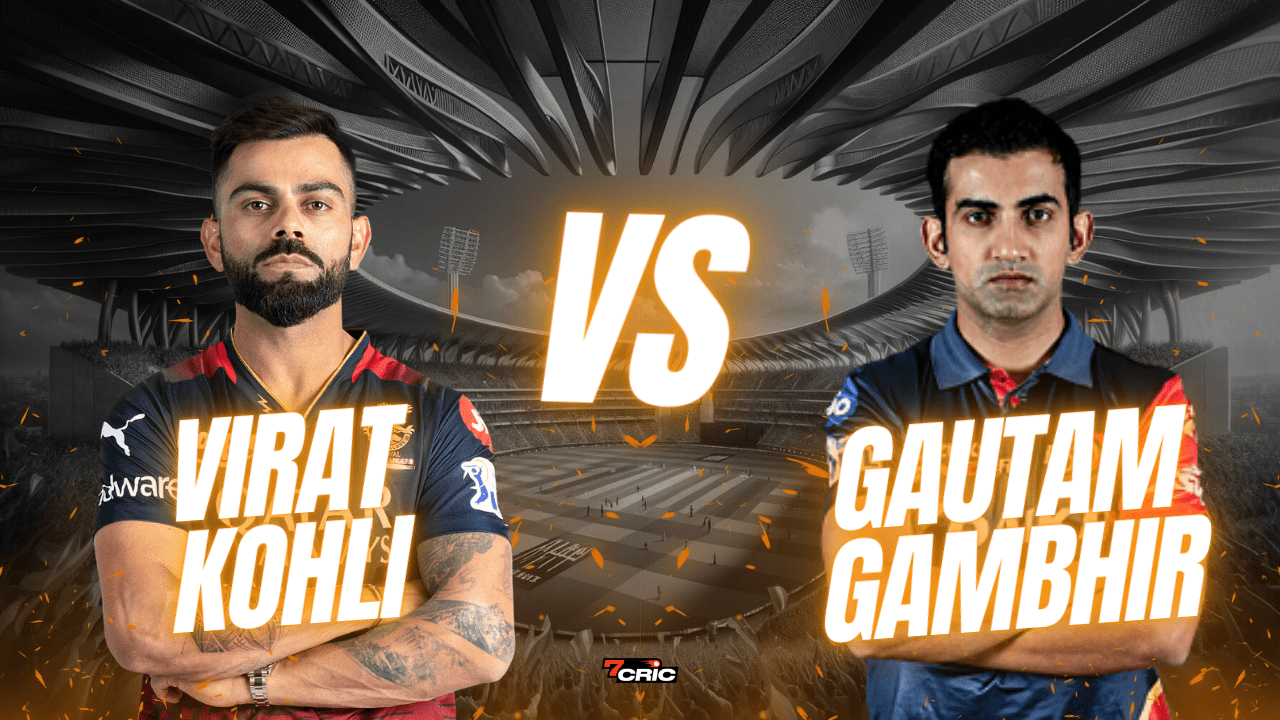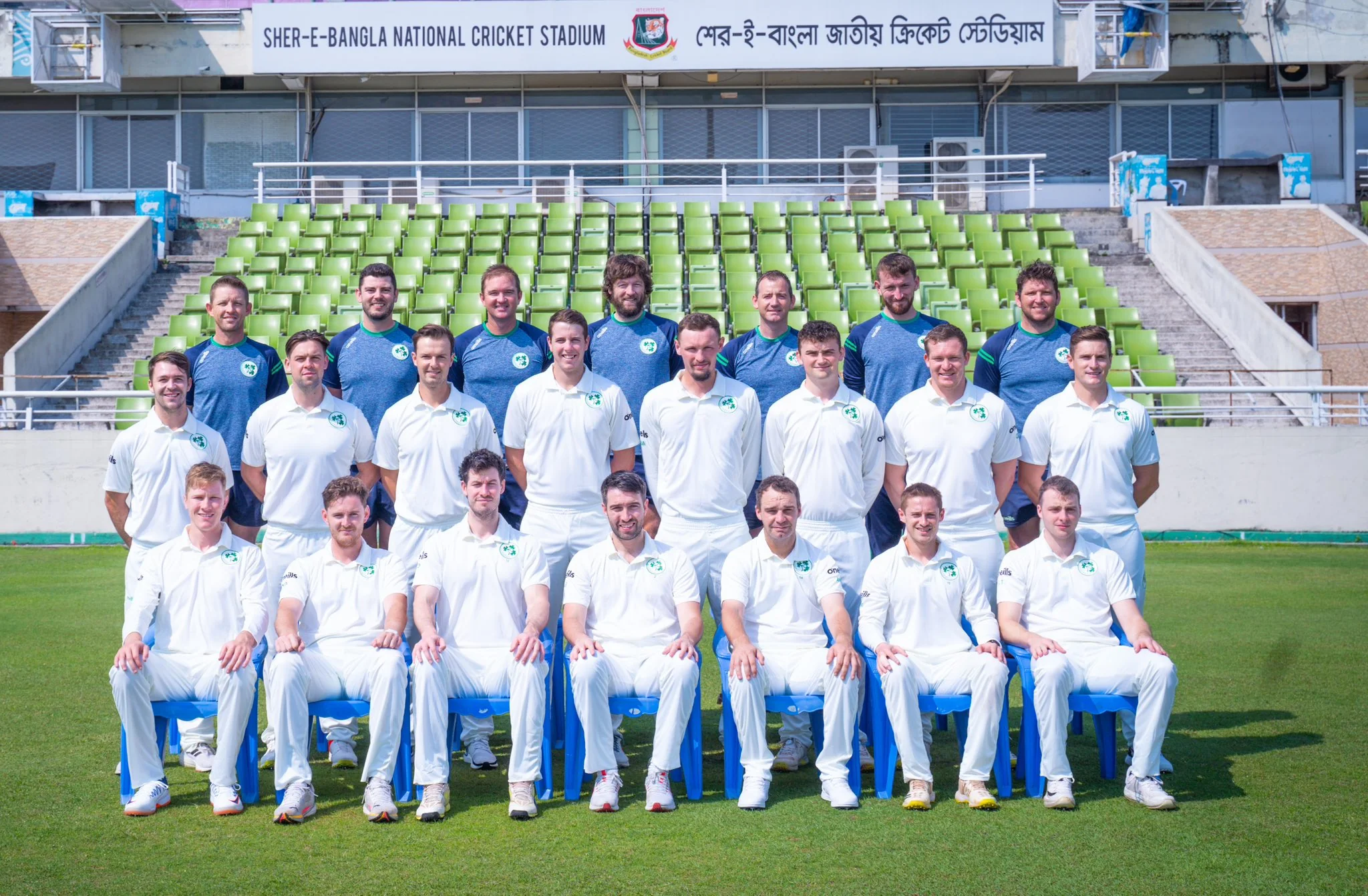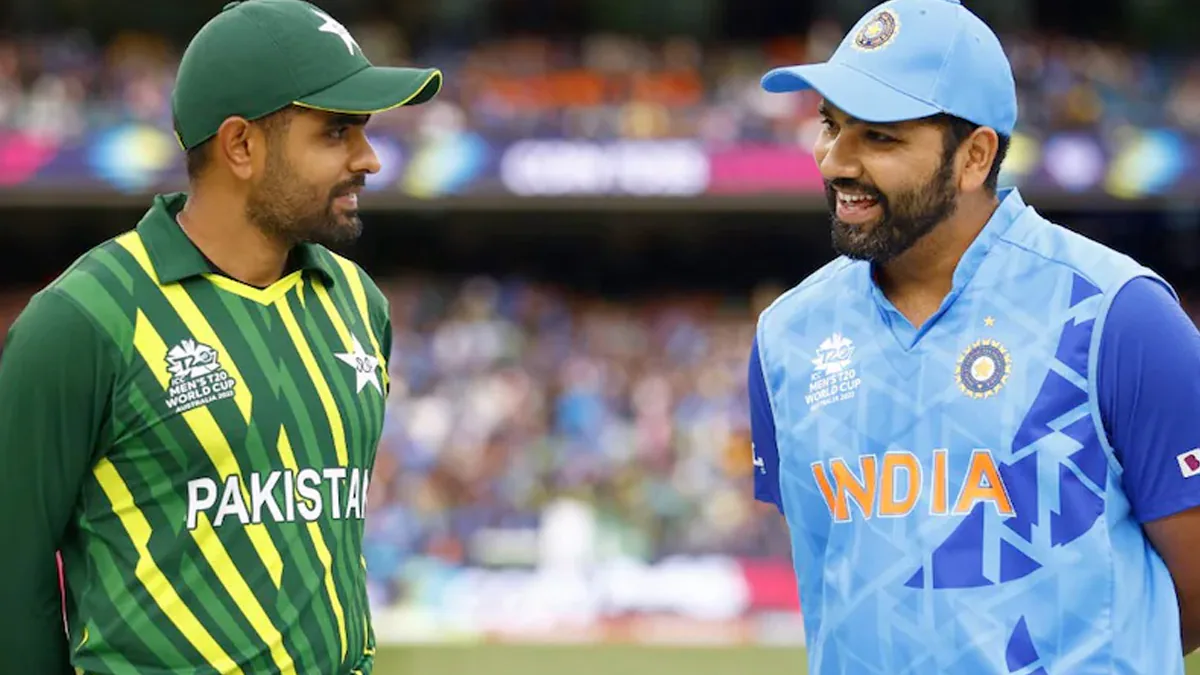Andrew Flintoff – Andrew “Freddie” Flintoff, an iconic figure in cricket, has left an indelible mark through his exceptional all-round capabilities in batting, bowling, and fielding.
Born on December 6, 1977, Flintoff’s cricket career is adorned with remarkable stats that highlight his prowess on the field.
As a bowler, he is celebrated for being the third highest English wicket-taker in one-day international (ODI) cricket with 168 wickets and ranks 13th in Test cricket with 219 wickets.
These achievements include his contributions for the ICC World XI. On the batting front, Flintoff’s aggressive style and ability to change the course of a game made him the ninth highest English run-scorer in ODIs, amassing a total of 2,975 runs.
His cricket journey is a testament to his versatility and commitment, making him a revered figure in the sport. Flintoff’s career is a blend of impressive bowling spells, powerful batting performances, and significant cricket stats, making him a true cricketing legend.
- Versatile All-Rounder: Flintoff is celebrated for his exceptional all-round capabilities in cricket, excelling in batting, bowling, and fielding.
- Remarkable Achievements:
- Ranked as the third highest English wicket-taker in ODI cricket with 168 wickets.
- Stands 13th in Test cricket with 219 wickets.
- Ninth highest English run-scorer in ODIs with a total of 2,975 runs.
- Significant Contributions:
- Scored a memorable 167 against the West Indies at Edgbaston in 2004.
- Played a pivotal role in England's 2005 Ashes victory, scoring 402 runs and taking 24 wickets.
- Leadership and Captaincy:
- Flintoff's leadership was transformative for the England cricket team, especially noted during the 2006-07 Ashes series.
- His captaincy was characterized by resilience and the ability to uplift team morale.
- Retirement and Beyond:
- Announced retirement due to injuries, marking the end of an era for English cricket.
- Post-retirement, Flintoff's transition into media and TV punditry was widely anticipated.
- Legacy:
- Flintoff's cricket journey is a testament to his versatility, commitment, and enduring legacy in the sport.
- His career stats and significant cricket moments make him a true cricketing legend.
Andrew Flintoff Captaincy and Leadership

Andrew Flintoff’s captaincy and leadership on the cricket field were characterized by his indomitable spirit and the ability to inspire his teammates.
Despite his statistical averages as a player, Flintoff’s presence in the England cricket team was transformative. His leadership was not just about the runs he scored or the wickets he took; it was about how he carried himself and uplifted those around him.
Under his captaincy, especially notable during the 2006-07 Ashes series in Australia, Andrew Flintoff faced challenges with a blend of resilience and determination. Although England suffered a 5-0 whitewash, Flintoff’s efforts to rally his team were evident.
His tenure as captain may have been marked by ups and downs, but it underscored his commitment to the game and his country.
Beyond the field, Flintoff’s leadership extended to his off-field endeavors, where he continued to influence and inspire, whether through his media career or charitable activities.
His journey from a promising all-rounder to one of cricket’s nearly-greats and a leader of men is a testament to his enduring legacy in the sport.
Batting and Wicket-Keeping Skills

Andrew Flintoff’s batting prowess and his occasional role behind the stumps, although not his primary position, showcased his versatility and contribution to cricket.
Andrew Flintoff, known for his muscular strokeplay and ability to dominate bowlers, has had several memorable innings that underscore his skill with the bat.
Notably, his innings against New Zealand in Christchurch, where he scored a breakthrough 137, and his aggressive 142 against South Africa at Lord’s, highlight his capacity to change the course of a game single-handedly.
His highest Test score of 167 against the West Indies at Edgbaston further cements his legacy as a batsman who could truly intimidate and outclass bowling attacks.
While Andrew Flintoff did not regularly keep wickets, his all-around fielding abilities, including instances where he could competently take on the role if needed, complemented his batting and bowling, making him a crucial asset to the English side.
His selection of Geraint Jones as the wicketkeeper in his All-Time Cricket XI, however, reflects his appreciation for specialized skills behind the stumps, acknowledging the importance of having a dedicated and skilled wicketkeeper in a well-rounded team.
Retirement and Beyond

Andrew Flintoff’s retirement from cricket marked the end of an era for both England and the sport globally.
Announced with a mix of “disappointment and sadness,” Flintoff’s decision came after a series of injuries and medical consultations that led to the realization his body could no longer withstand the rigors of cricket.
His retirement was not just a personal turning point but also a moment of reflection for fans and teammates alike, pondering the impact of his departure on the future of English cricket.
Flintoff’s illustrious career, highlighted by his pivotal role in England’s 2005 Ashes victory, showcased his all-round capabilities and left an indelible mark on the sport.
Despite the controversies, including the infamous ‘Fredalo’ incident, Flintoff’s contributions were immense, culminating in becoming the IPL’s most expensive player in 2009.
Post-retirement, Flintoff’s potential move into media and TV punditry was widely anticipated, reflecting a common transition for cricket legends.
His decision to take a break before choosing his next direction underscored the thoughtful approach to his new life beyond cricket, leaving fans eager to see where his talents would take him next.
Career Highlights and Stats

Andrew Flintoff’s cricket career is a saga of remarkable achievements and formidable challenges, marked by his indomitable spirit and undeniable talent.
Born on December 6, 1977, in Preston, England, Flintoff’s journey from a Lancashire debutant at 18 to becoming one of England’s cricketing stalwarts is a testament to his dedication.
His career was punctuated with highs, such as his unforgettable 167 against the West Indies at Edgbaston in 2004 and his career-best bowling figures of 5-58 in Antigua.
The pinnacle of his career came in 2005 during the Ashes series against Australia, where he scored 402 runs and took 24 wickets, leading England to a historic victory and earning him the Compton-Miller Medal.
Despite battling injuries, including multiple ankle surgeries, Flintoff’s resilience saw him captaining England and achieving personal milestones, like becoming the 12th English player to take 200 test wickets.
His announcement to retire from test cricket in 2009 was followed by a series of performances that underscored his legacy, including a pivotal role in England’s Ashes victory that year.
Flintoff’s career stats, with 3,845 test runs, five centuries, and 226 wickets, alongside 3,394 ODI runs and 169 wickets, barely scratch the surface of his impact on the game and the hearts of cricket fans worldwide.
- Early Career: Flintoff debuted for Lancashire at 18 in 1995 and made his Test debut for England against South Africa in 1998.
- Career Highs:
- Scored his highest Test score of 167 against the West Indies at Edgbaston in 2004.
- Achieved his best bowling figures of 5-58 in Antigua on the return tour.
- In the 2005 Ashes series, Flintoff was instrumental in England’s victory, scoring 402 runs and taking 24 wickets, earning him the man of the series and the inaugural Compton-Miller Medal.
- Captained England for the first time on the 2006 tour of India, leading to a series draw.
- Injuries and Challenges:
- Missed the 2006 series against Pakistan due to ankle surgery but returned to captain England during the Ashes defense.
- Underwent a fourth ankle operation in 2007, sidelining him until the 2008 Test matches against South Africa.
- In 2009, a torn hip muscle during the Caribbean tour forced him to miss the final Test against the West Indies.
- 2009 Ashes and Retirement:
- Announced retirement from Test cricket at the end of the 2009 Ashes series.
- Played a key role in the second Test at Lord’s and was pivotal in England’s 2-1 series victory with a match-turning run-out of Ricky Ponting at The Oval.
- Underwent knee surgery following the Ashes victory, leading to a second operation in January 2010.
- Final Stats:
- Flintoff played 79 Tests and 141 ODIs, scoring 3,845 Test runs (including five centuries) at an average of 31.77, and took 226 Test wickets.
- In ODIs, he scored 3,394 runs and took 169 wickets.
Frequently Asked Questions (FAQs)
What are Andrew Flintoff's major achievements in his cricket career?
Andrew Flintoff, also known as “Freddie,” is celebrated for his all-round capabilities in cricket, having made significant contributions in both batting and bowling.
Some of his major achievements include being the third highest English wicket-taker in ODI cricket with 168 wickets and ranking 13th in Test cricket with 219 wickets.
He is also the ninth highest English run-scorer in ODIs, amassing a total of 2,975 runs.
His career highlights include a memorable 167 against the West Indies at Edgbaston in 2004, and his instrumental role in England’s 2005 Ashes victory, where he scored 402 runs and took 24 wickets.
How did Andrew Flintoff's captaincy impact the England cricket team?
Andrew Flintoff’s tenure as captain, especially during the 2006-07 Ashes series in Australia, was marked by his indomitable spirit and the ability to inspire his teammates.
Despite England suffering a 5-0 whitewash, Flintoff’s leadership qualities were evident as he endeavored to rally his team through a blend of resilience and determination.
His captaincy underscored his commitment to the game and his country, and his leadership extended beyond the field, influencing and inspiring through his media career and charitable activities.
What led to Andrew Flintoff's retirement from cricket, and what did he do afterward?
Andrew Flintoff announced his retirement from cricket due to a series of injuries and medical consultations that concluded his body could no longer withstand the rigors of the sport.
His retirement was marked by “disappointment and sadness” but also reflected a moment of reflection on his illustrious career, highlighted by his pivotal role in England’s 2005 Ashes victory.
Post-retirement, Flintoff’s potential move into media and TV punditry was widely anticipated, reflecting a common transition for cricket legends.
He took a break before deciding on his future direction, leaving fans eager to see where his talents would take him next.





